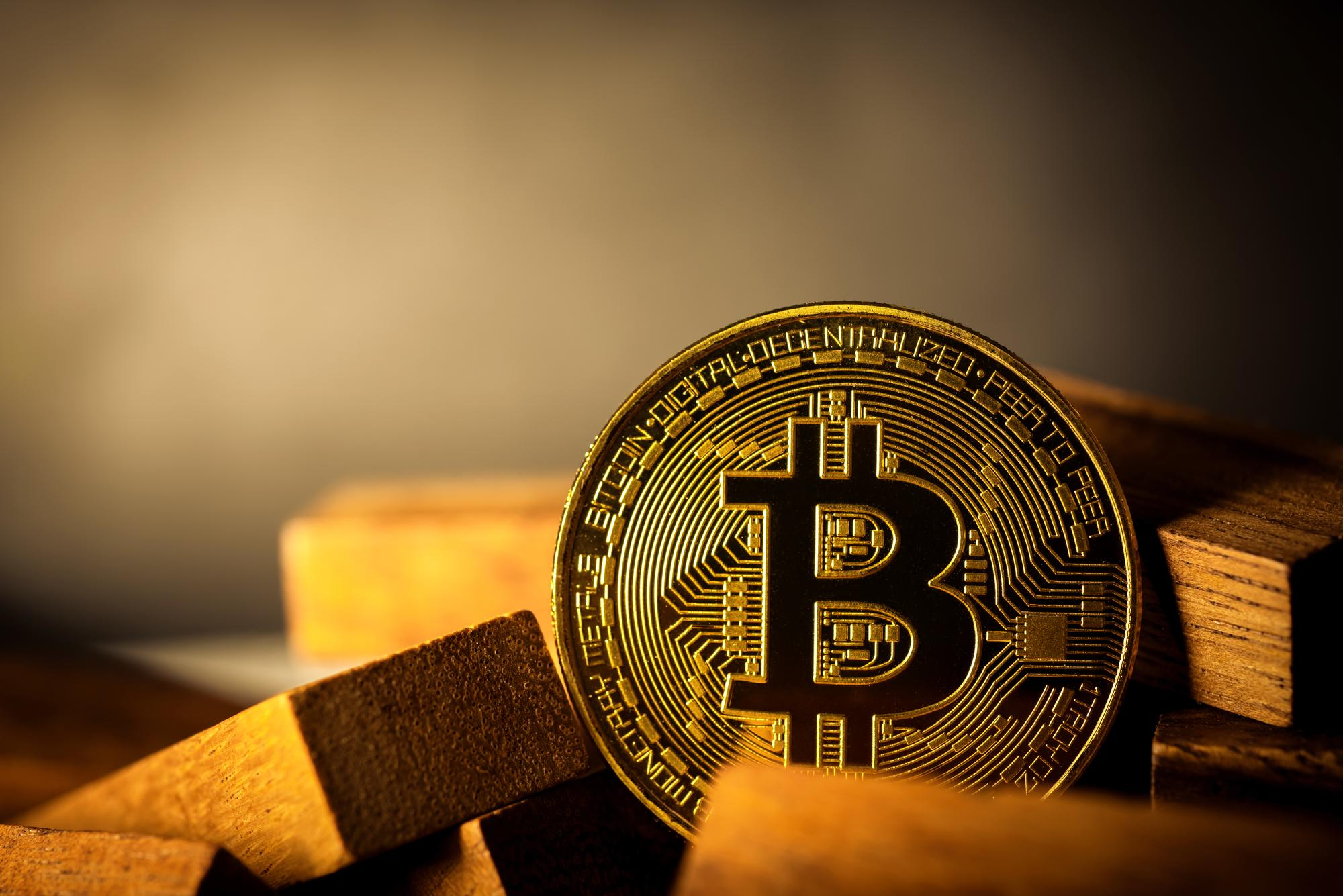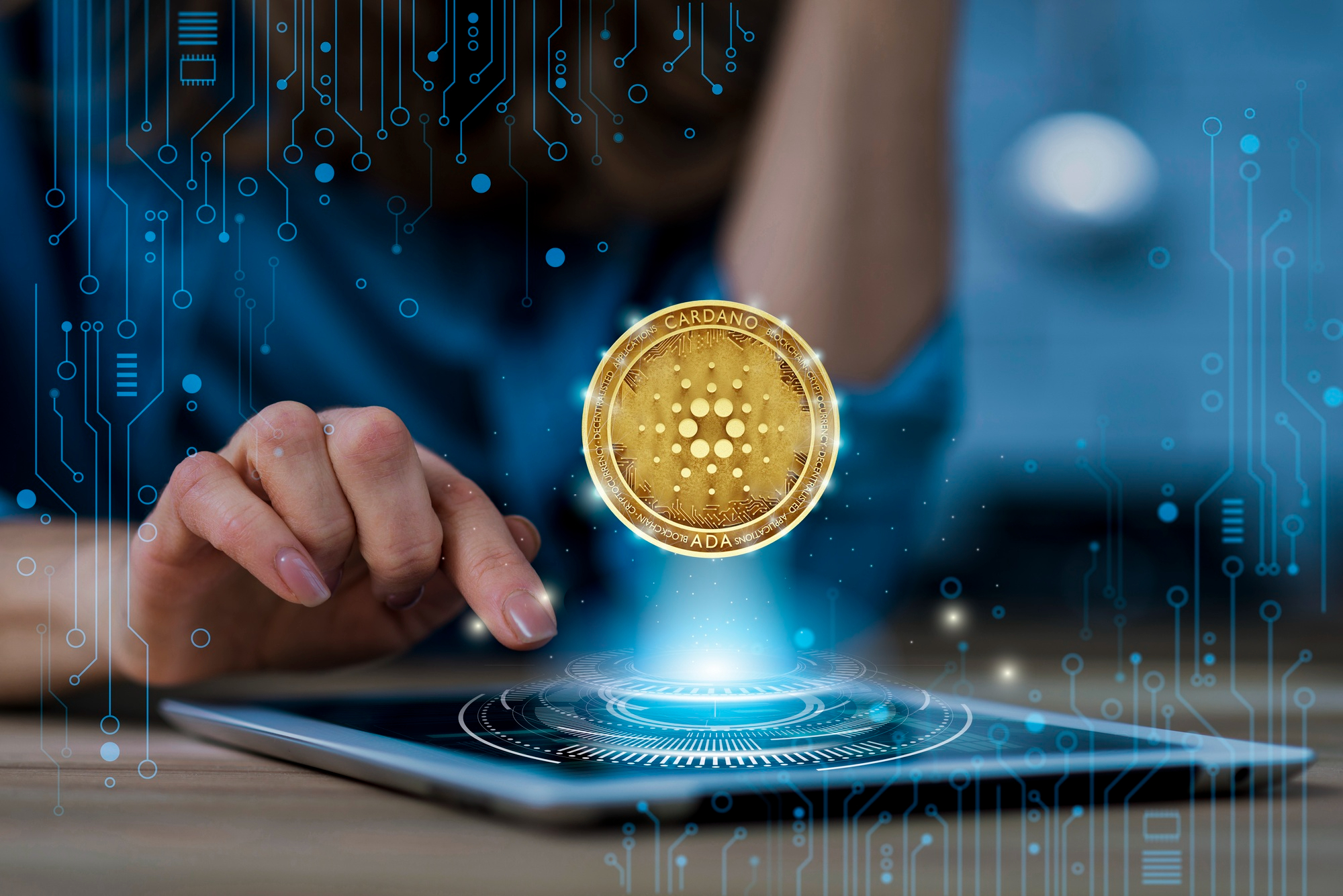Why you should avoid late credit card payments
One of the principal reasons why some people want to avoid using a credit card is the knowledge about what happens if you fail to make your credit card payment on time.
In dealing with this, one has to understand that there are basically two types of people: the financially aware and disciplined and those who are not. While it is always possible for people from the second set to graduate to the first, it is also possible that people in the first set slip, sometimes. Let us assume one such situation.
You have been using your credit card for a while and adjusting your expenses. So you have not missed any credit card payment deadline so far, kept to the interest free period of payment and keeping a close watch on the contents of your rbl credit card statement. You have, thus, been able to collect bonuses and the company has rewarded you by raising your credit limit as well.
Then, one fine day, you are laid off from your job, a result of a slowing economy and cost-cutting within a Covid pandemic. You do have some alternative sources of revenue, but your primary income was from your job. What would be your first priority?
These are two critical errors of judgment. The credit card loan is not exactly a constant. It tends to grow rapidly, if left unattended, through interest and charges. The option provided to you by the credit card company will be the minimum amount due section. This will be a small amount of money and not only would you be able to pay it. Within prudent confines of time, even your credit history can come out unscathed.
Credit card payment dues grow not only in the above situation.
Other situations can arise, such as:
- Unscheduled, unnecessary and impulse purchases.
- Paying for unplanned holidays through your credit card.
- Sudden, massive medical bills that your health insurance is unable to handle.
- An accident in the family where uninsured members are hospitalised and settle through a credit card payment.
- Coerced into several outings to expensive restaurants.
- You simply forget to check your credit card statement.
- Neither set an auto pay system, nor have you set a reminder.
- Wait till the last day to make the most of the interest-free period, resulting in a missed payment.
These things happen. These are generally categorised within ‘contingency’ by the fiscally prudent. But these have a domino effect and, at one point, become difficult to handle, resulting in penalties. Here are the scenarios:
- If you just do not make a credit card payment: A month of skipping this will result in your bank starting to charge interest on the Total Amount Due (TAD). The thing to note here is that interest will also be now charged on all the new transactions. This will be from the date of transaction till the time all the previous dues are paid in full.
That was one wrong decision on your part, but might bring with it a series of actions.
They are:
– A Late Fee: The bank will add a late fee if you do not pay or if you pay after the due date. This will come in your next credit card bill.
– A higher rate of interest: Your knowledge of all interest rates will come unstuck in the case of non payment. If you make a withdrawal, you pay a higher interest rate. If you buy anything, it will be at this higher interest rate.
– The interest free period vanishes: The bank will withdraw this facility and all your planning may go awry. You will lose the great advantage of purchasing power without an attendant penalty.
– Your credit score will be affected: Hence, your creditworthiness will also be affected. This score is used by banks and other financial organisations.
– Your credit limit will be decreased: If your defaults are frequent, the bank will curtail your buying power, even when the card isn’t yet ‘hot’.
Here is what happens: You will have to pay interest on the TAD, starting from the payment due date. And this interest rate can be as high as 45% annualized.
That’s a massive difference, one that you do not need. Hence, caution is the need of the hour.



